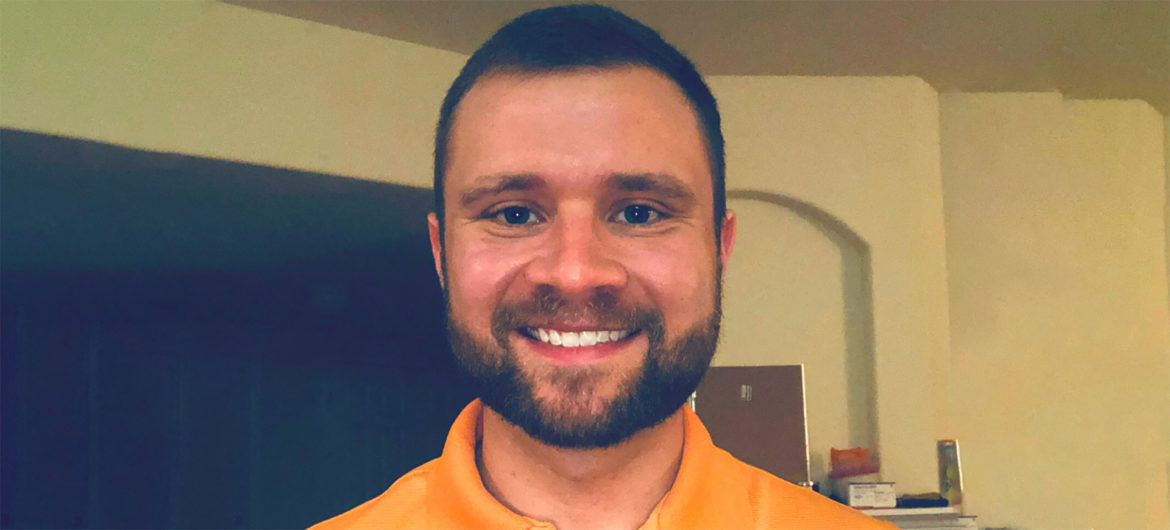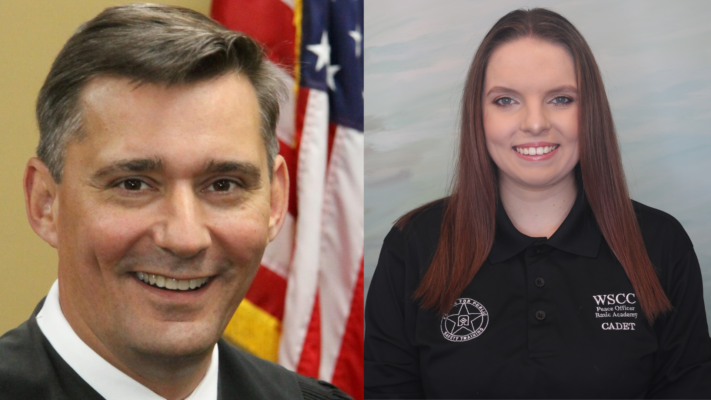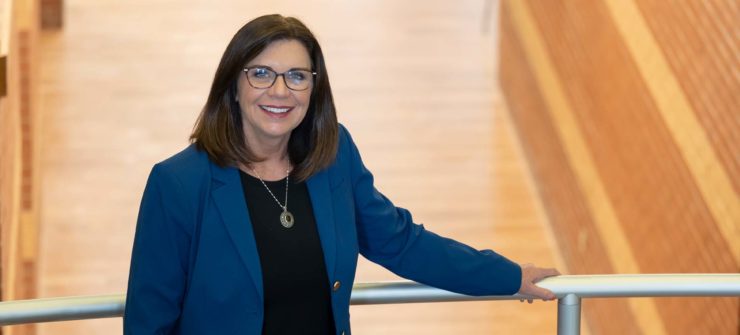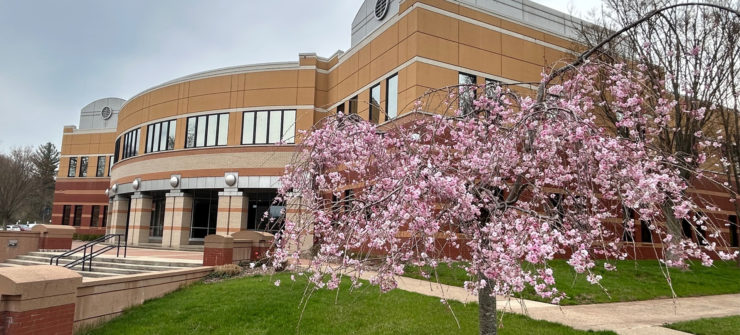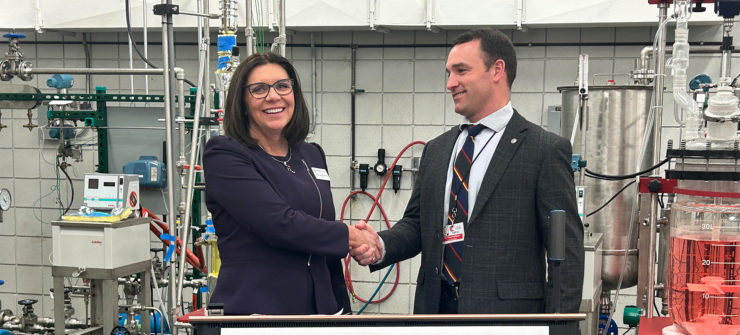MARIETTA, OHIO— Marietta local Ty Kroner always knew that he wanted to gain a career in the Engineering Industry, following in his great-grandfather’s footsteps, who was one of the original Petroleum Engineers for the Drake Well, one of the first commercial oil wells. He even thought he may have had the perfect plan to pursue his dreams, a brand-new interest sparked following his enrollment at Washington State College of Ohio in the fall of 2014.*
Kroner started off his education pursing a Petroleum Engineering degree at another local college, but soon found the school was just not the fit he had hoped for. “I wasn’t sure what else to do,” Kroner shared. It was then that he was introduced to Washington State’s Industrial Technology program, where he found that he could focus in Petroleum Technology. “At first, I wasn’t sure if I would like attending Washington State because I had never been there before,” Kroner said, “That quickly changed.”
During his time, Kroner remembers one particular class that completely changed the trajectory of his life. “One of my geography professors introduced me to GIS {Geographic Information System}, and at the time, I wasn’t really familiar with what this even was,” Kroner revealed. He learned that by successfully completing a GIS Application course, he would qualify to receive an additional certificate in GIS. “At first I thought, why not, but quickly enough, I fell in love with this subject,” he said.
One memorable aspect that Kroner attributes to his educational career was getting to know some of his experienced classmates at Washington State, who were between the ages of 40-70. “Talking with them and hearing their stories was invaluable,” he mentioned. Kroner said he does not believe that he would have gained this experienced at any other college. “I felt good knowing that I was pursuing my dreams early on in my life, but it was also encouraging to learn from them that it’s never too late to go back to school.”
With the support and encouragement of his instructors, he was able to keep motivated and move forward with his degree. Kroner found it interesting that most of his professors were not full-time instructors, but rather also worked day shift jobs and taught in the evenings. “They’re professionals teaching you what they do on a daily basis,” he said. “That was really cool that they were easy to relate to and even became mentors to me.”
In spring of 2016, he graduated Cum Laude with his Associate of Applied Science in Industrial Technology, with an emphasis in the Petroleum Industry. He also earned a Certificate of Completion for GIS and a Certificate of Competition for National Safety Council Supervisor’s Safety Development Program.
Following graduation, he was hired on at Dominion Hope (now called Dominion Energy West Virginia) as a GIS Technician. Kroner thought he would try out this position to see if this would be something he would enjoy. After quickly realizing that he did indeed enjoy the job, he remained working in that position for the next 4 years.
Kroner currently resides in Denver, Colorado with his girlfriend, and works as a Fiber Network Inventory Specialist (a GIS position) for a company called Zayo. He is getting ready to begin training to become a Fiber Engineer, which will be a full-time position at Zayo. “I’m taking a few steps up from where I was when I started,” he said.
If it were not for a switch to Washington State College of Ohio, perhaps Kroner may have never found out about the GIS career path. “There was a point where I didn’t know what I was going to do when my first option did not work out, and I thought that I lost that spark and motivation that I once had for a learning environment,” he said. “Washington State College of Ohio renewed my joy of learning.”
Washington State’s Industrial Technology program continues to evolve to meet the needs of industry. The program is designed to give students a solid background in science and training related to manufacturing – specifically related to converting raw materials into finished products. Our classes combine theory and hands-on experience to prepare students to work with engineers and the production line. This program is highly attuned and responsive to the needs of manufacturing facilities here in the Mid-Ohio Valley. In fact, we seek input from local employers when we are developing our curriculum. This type of partnership allows us to provide the type of skilled labor sought by local industries. Most noteworthy for those already employed in the industry, our curriculum also includes classes that will help students advance their careers by upgrading their skills.
